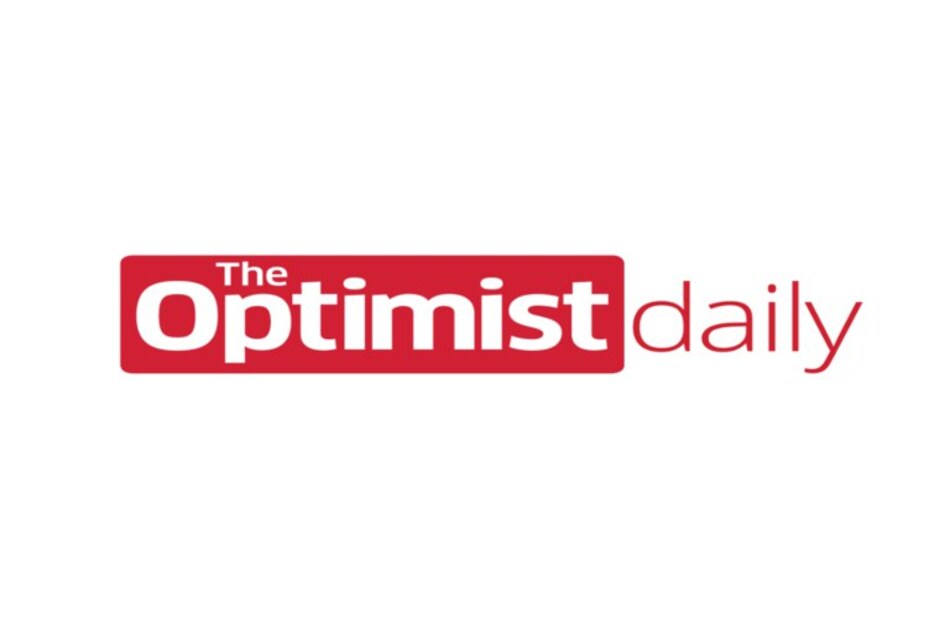The pandemic has exposed the systemic weaknesses in our societal structures, and one of these glaring shortcomings is the childcare industry.
When the pandemic forced virtually all childcare centers to close, parents (especially mothers) were heavily impacted. Many parents had to struggle to navigate the demands of full-time remote work and full-time child-care, which often included supervising online studies. This gargantuan task sent parents searching for solutions.
One of these solutions is Helpr, an app that lets parents screen and book local babysitters for last-minute care. This not only helps the parents, but also allows friends and family who may already be on parents’ emergency child-care list to get paid for the work that they do. Parents can add their friends and family to the app, which is paid for by employers who partner with Helpr to subsidize the care as a work benefit.
In the last year alone, Helpr has tripled its growth, partnering now with about 30 companies including Vice and Snapchat’s parent company Snap. Its rise in popularity is also influencing the first piece of legislation in the country that demands that large employers offer backup childcare.
For a mother like Morgan Edington, who lives in the childcare desert of rural northwest Arkansas, accessing Helpr through her employer, Clorox, was life-changing. Before, her only choice was often a friend who lives three hours away. Now that Clorox has partnered with Helpr and offers 60 subsidized hours through the app, she can use it whenever her work schedule overlaps with her husband’s and will only have to pay $8 an hour while Clorox covers the rest so that the workers on the app get paid the local area’s living wage.
Ensuring that affordable child-care is accessible is essential to the financial and economic stability of parents and can help make the workplace more equitable for mothers, who are more likely to take time off work or give up their jobs completely to do care work. According to the most recent survey from the US Census Bureau, around six percent of unemployed people (that’s 6.3 million people) are unemployed because they have to care for a child who is not in school or daycare.
Helpr co-founders Kasey Edwards and Becka Klauber Richter developed the app to support employed parents, saying that they “envision a future where… childcare should sit alongside [employment benefits like] vision and dental… it shouldn’t sit alongside the perks program.”
But they also developed it with care workers in mind, having both worked in the childcare industry themselves. Care work is often undervalued in the US—the median hourly pay for a childcare worker was around $12.24 in May of last year, making it one of the lowest-paid occupations in the country. This means that finding quality care for families is incredibly difficult. The care work that goes unpaid for is estimated to be worth trillions of dollars a year—and that’s if they’re paid minimum wage.
Helpr, on the other hand, ensures that their professional sitters are paid around $25 an hour on average. It’s currently available in most major cities in the United States, plus internationally in Mexico, Canada, China, Argentina, and Australia.












